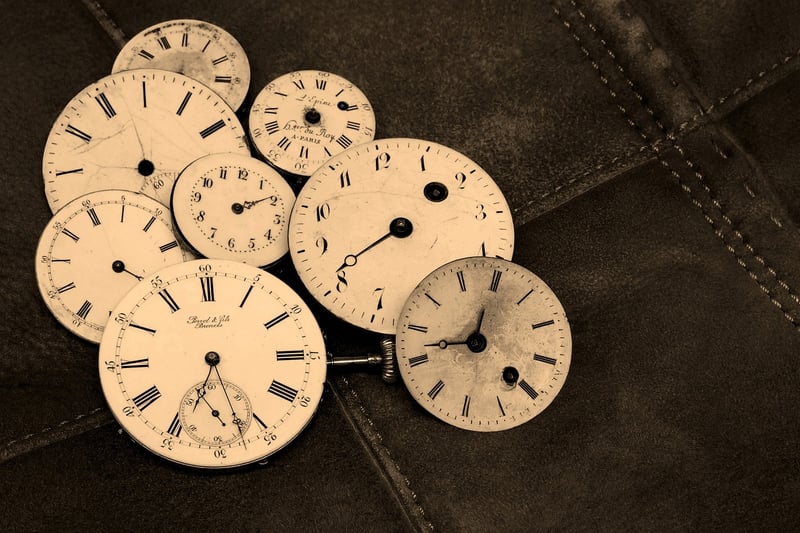Predestination Paradox
Exploring Time-Related Logical Dilemmas and the Predestination Paradox
Time travel has been a popular topic in science fiction for decades, often leading to intriguing discussions about time-related logical dilemmas and paradoxes. One such paradox that has captivated the minds of many is the Predestination Paradox.
What is the Predestination Paradox?
The Predestination Paradox, also known as a causal loop, is a theoretical concept in which a time traveler causes a sequence of events that ultimately leads to the same traveler traveling back in time to cause those events. In simpler terms, it raises the question of what came first - the cause or the effect?
Examples of the Predestination Paradox
One famous example of the Predestination Paradox is the story of a person who travels back in time to give their younger self a unique item, which the younger self keeps safe for years and eventually uses to travel back in time and give it to their younger self, creating an infinite loop with no discernible origin.
Time-Related Logical Dilemmas
Time travel concepts often introduce various logical dilemmas that challenge our understanding of cause and effect, such as the Grandfather Paradox, Bootstrap Paradox, and Twin Paradox. These dilemmas explore the implications of altering the past, meeting one's past self, or experiencing time dilation.
Conclusion
Time-related logical dilemmas and paradoxes like the Predestination Paradox provide food for thought and fuel the imagination of both scientists and storytellers. While these concepts may stretch the limits of our current understanding of time and causality, they offer a fascinating glimpse into the complexities of temporal mechanics.

Explore the mysteries of time and delve deeper into the fascinating world of time travel and its associated paradoxes to unravel the enigmatic nature of temporal reality.
